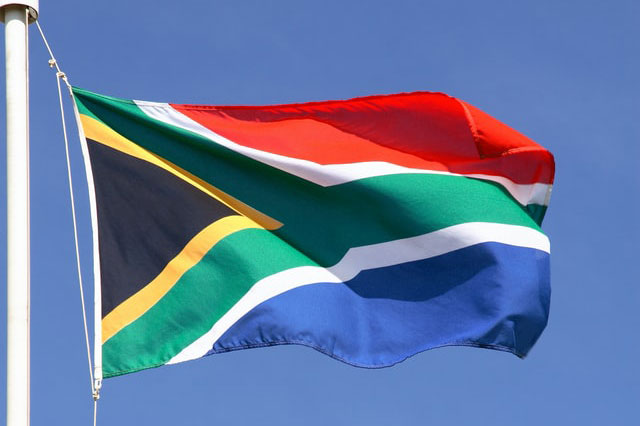Cape Town — There is no surprise at the current deadlock in Government of National Unity (GNU) negotiations between the African National Congress (ANC) and the Democratic Alliance (DA), according to the Ahmed Kathrada Foundation.
The Foundation’s executive director, Neeshan Balton, said the stall in talks is no surprise, as he believes the DA has jeopardised the GNU with their demands. This led to ANC President, Cyril Ramaphosa, to write a scathing letter to the DA.
Balton said he did not expect it to be smooth sailing and that the conflict between the two parties was expected, but he was hopeful the GNU parties could find common ground, SABC News reported.
“I think it was expected that this was not going to be plain sailing. Posturing around coalitions, posturing around the number of seats should have been an expected part of this process. I am hopeful that the intended common ground that the GNU had been premised on in the statement of intent will get people back to sanity.” Balton said.
There are nine foundations calling for a national dialogue to address the various challenges facing South Africa.
“What this is prompted by is the outcome of the 2024 elections, which has brought about talk and the imminent GNU. The realisation is that, while we may have a GNU, we don’t have a country of national unity.” he said.
“That involves all South Africans across the board in generating the ideas and solutions required to deal with the issues of our country,” Balton added.
According to The Citizen, political analysts believe the parties in the GNU are in too much of a rush to reach an agreement, when other countries have taken much longer to form coalitions. According to an X post, many European countries took much longer to form coalitions, with Belgium the longest at 541 days, while Portugal took 98 days.
Political analyst, Andre Duvenhage, said South Africa may be too too optimistic about forming a GNU within a month.
“I’m thinking, due to timelines, we are busy with what may be seen as a quick fix. The argument is absolutely correct that it sometimes took long periods, up to months [to form a government].
“What happened in European countries with strong established states, is the bureaucracy can take on the tasks. The South African situation is a bit more difficult because we have shown many elements of a failing state needing direction.” he added.
Reposting this, it usually takes a while pic.twitter.com/XUMPTOIn5L
— Derek Hanekom (@Derek_Hanekom) June 27, 2024
Follow African Insider on Facebook, Twitter and Instagram
Picture: Unsplash
For more African news, visit Africaninsider.com
Compiled by Matthew Petersen


